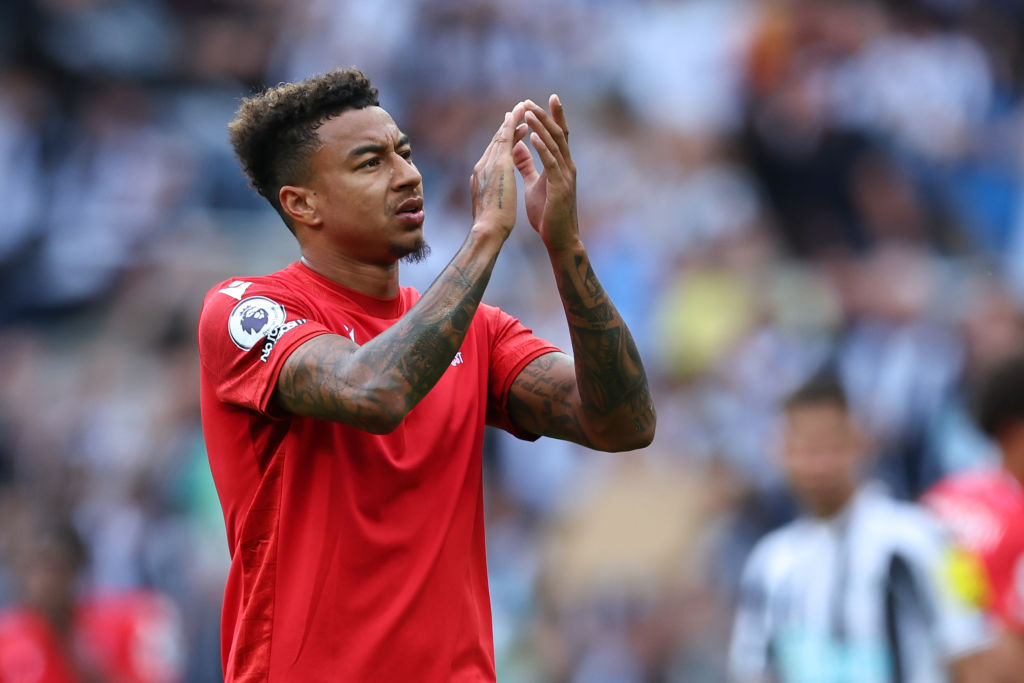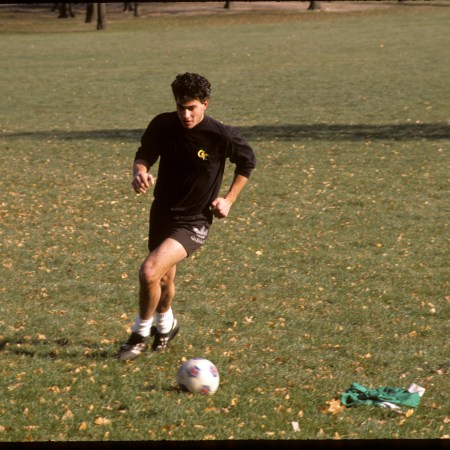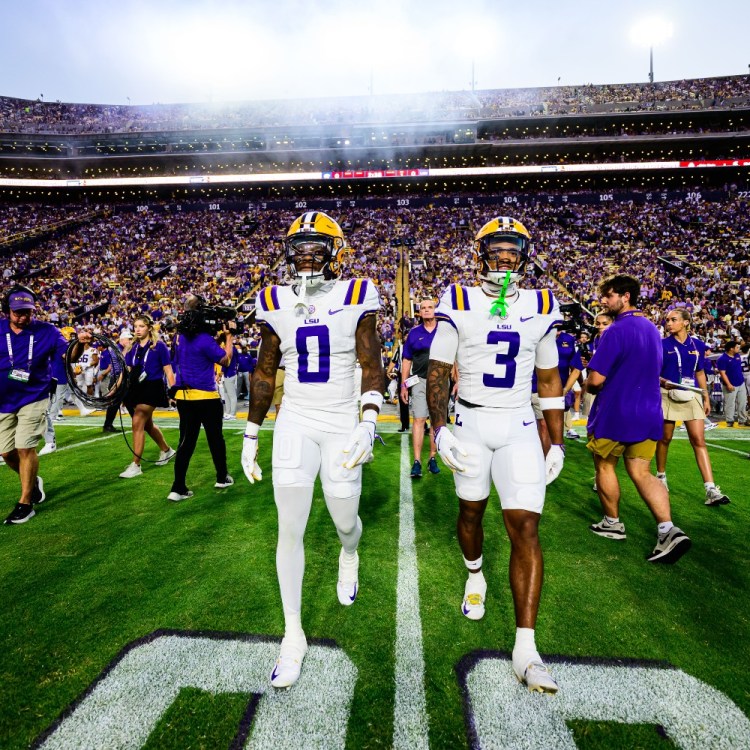Let’s begin by stating the obvious: baseball and soccer don’t have a lot in common. Still, that doesn’t mean that there aren’t some areas of overlap, often when it comes to ownership or the front office. Todd Boehly holds ownership stakes in both the Los Angeles Dodgers and Chelsea F.C., for instance. And Billy Beane owns part of Barnsley F.C., who were nearly promoted to the Premier League in 2021.
All of which makes it less than surprising that some approaches to signing players have made the move across the Atlantic as well. At The Athletic, Adam Leventhal has written a fascinating article looking at the increasing popularity of “pillow contracts” in English soccer. Among the examples cited in the article: newly-promoted Nottingham Forest signing Jesse Lingard to a one-year deal.
Pillow contracts are intended to be comfortable in the short term, but also relatively fast in duration. In Lingard’s case, he gets the opportunity to get regular playing time as he makes the case for his inclusion on England’s World Cup squad. In Nottingham Forest’s case, they get a player capable of delivering on the highest levels of the sport.
And if Nottingham Forest end up being relegated at the end of this season — as some predict they will — the team won’t be left trying to find a transfer destination for Lingard. One could argue that Christian Eriksen’s six-month contract with Brentford last season would also qualify. It re-established his standing in the sport after his harrowing collapse a year earlier, and it led to him signing a lucrative three-year deal with Manchester United.
The Athletic’s article suggests that the popularity of pillow contracts could grow in English soccer over the coming seasons. It has its own sets of risks and rewards — and would deprive teams from being able to make a profit on transfer fees — but it’s also not hard to see what the appeal is. We’ll have to see whether or not that takes hold in the years to come.
Whether you’re looking to get into shape, or just get out of a funk, The Charge has got you covered. Sign up for our new wellness newsletter today.


















